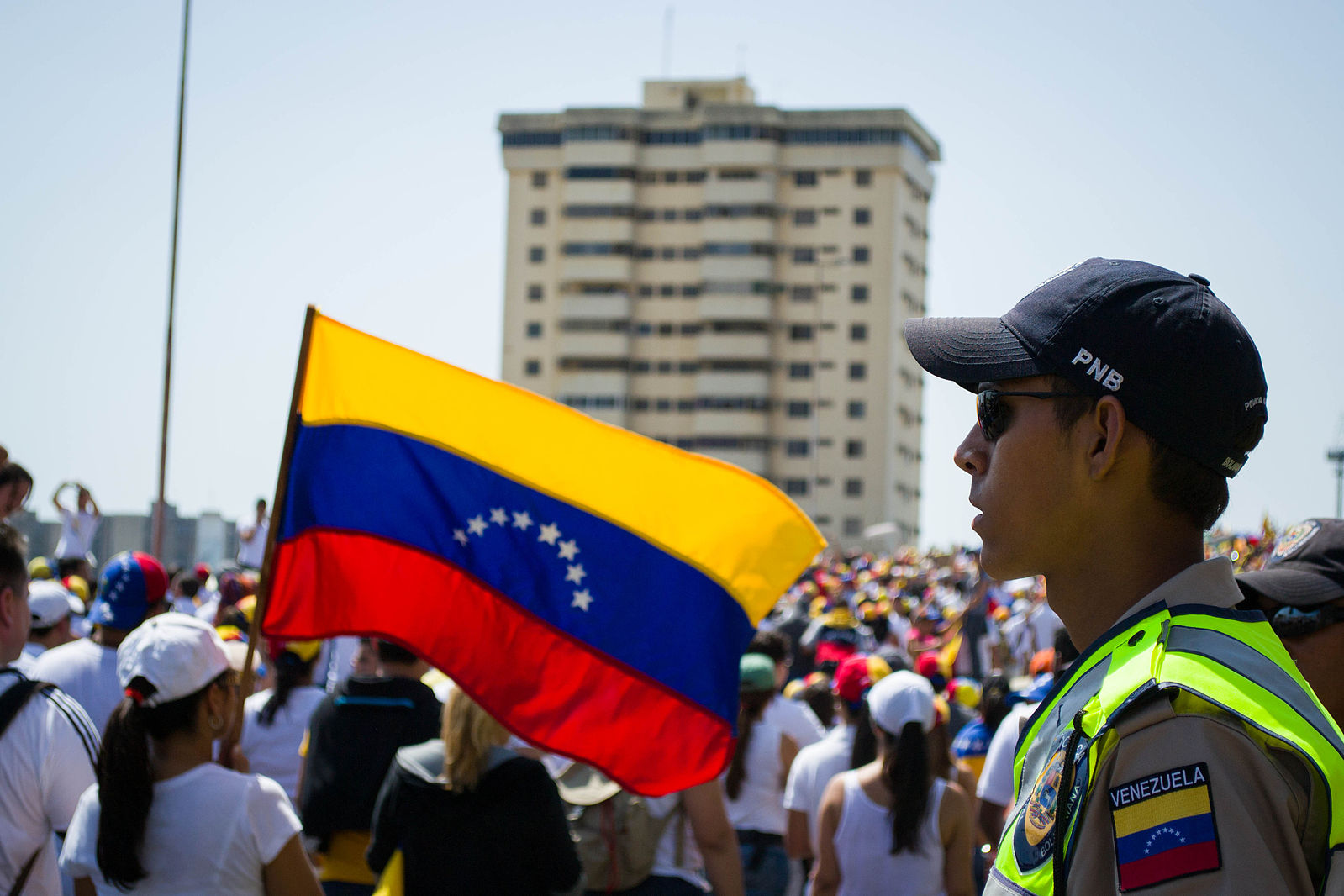Venezuela’s Dilemma: Internal Resolve, External Pressure… or Both?

One month after Venezuela’s fraudulent elections, many are asking, what happens now?
Former U.S. diplomat Thomas Shannon recently stated that Venezuela is facing two possible futures: the Ortega Model and the Romanian Model. The first model would result in the further radicalization of the dictatorship with more arrests, repression, expulsions, and denaturalizations. Secondly, the Romanian model suggests that “the people become so profoundly frustrated that they turn on the government in a very violent way.”
Whether or not these are the only two options, there is something that is abundantly clear: the future of Venezuela will depend both on the stamina of the Venezuelan people and the integrity of governments around the world.
There are those who still entertain the idea of U.S. intervention as a solution to the current conflict. Peruvian journalist Jaime Bayly recently claimed that Joe Biden had sent an “ultimatum” to Caracas for Maduro to leave Miraflores before November 5, or else face arrest by U.S. forces. It is unlikely that this alleged off-the-record comment was made, but alas, there is a common misconception that the problem of Maduro’s dictatorship will be solved purely from the outside, or by the United States.
Cases such as the departure of Ceacescu, the Prague Spring, or Solidarity in Poland, and even events closer to home like the fall of Pinochet or the Argentine military regime, show us that the key to change – lasting change – lies internally. The transition depends fundamentally on the Venezuelan people who have been affected by years of repression, abuse of power, and corruption.
Broader Venezuelan society has cried out that enough is enough on many occasions. The enthusiasm for María Corina Machado, however, has brought new hope to the people who are tired of decades of economic decline and corruption. But as we have seen in other instances of political turmoil, enthusiasm and hope are not always enough.
As the Venezuelan population floods the streets with shouts for freedom and justice, demanding the end of the Maduro regime, the democratic governments of the region and the world must increase their pressure against Caracas. There are those world leaders who avoid labeling Maduro’s regime as a dictatorship, such as Gustavo Petro in Colombia or Luis Inacio Lula da Silva in Brazil, not to mention Pedro Sanchez in Spain and the recent statements of his foreign minister, José Manuel Albares.
The United States and the democratic governments of the region must come together to defend democracy and increase pressure through sanctions accompanied by judicial proceedings, in order to abolish the kleptocratic ways of the Caracas government. History shows us, as in the case of Romania, that internal pressure is necessary but not sufficient. As the regime in Caracas turns to the Ortega model, democrats in the region, and specifically social democrats like Petro and Lula must support the Venezuelans and join them in shouting “Enough!”
Hernan Alberro is Senior Fellow for Latin America Studies at the Victims of Communism Memorial Foundation.
Photo: Marcha hacia el Palacio de Justicia de Maracaibo under CC BY 3.0.

